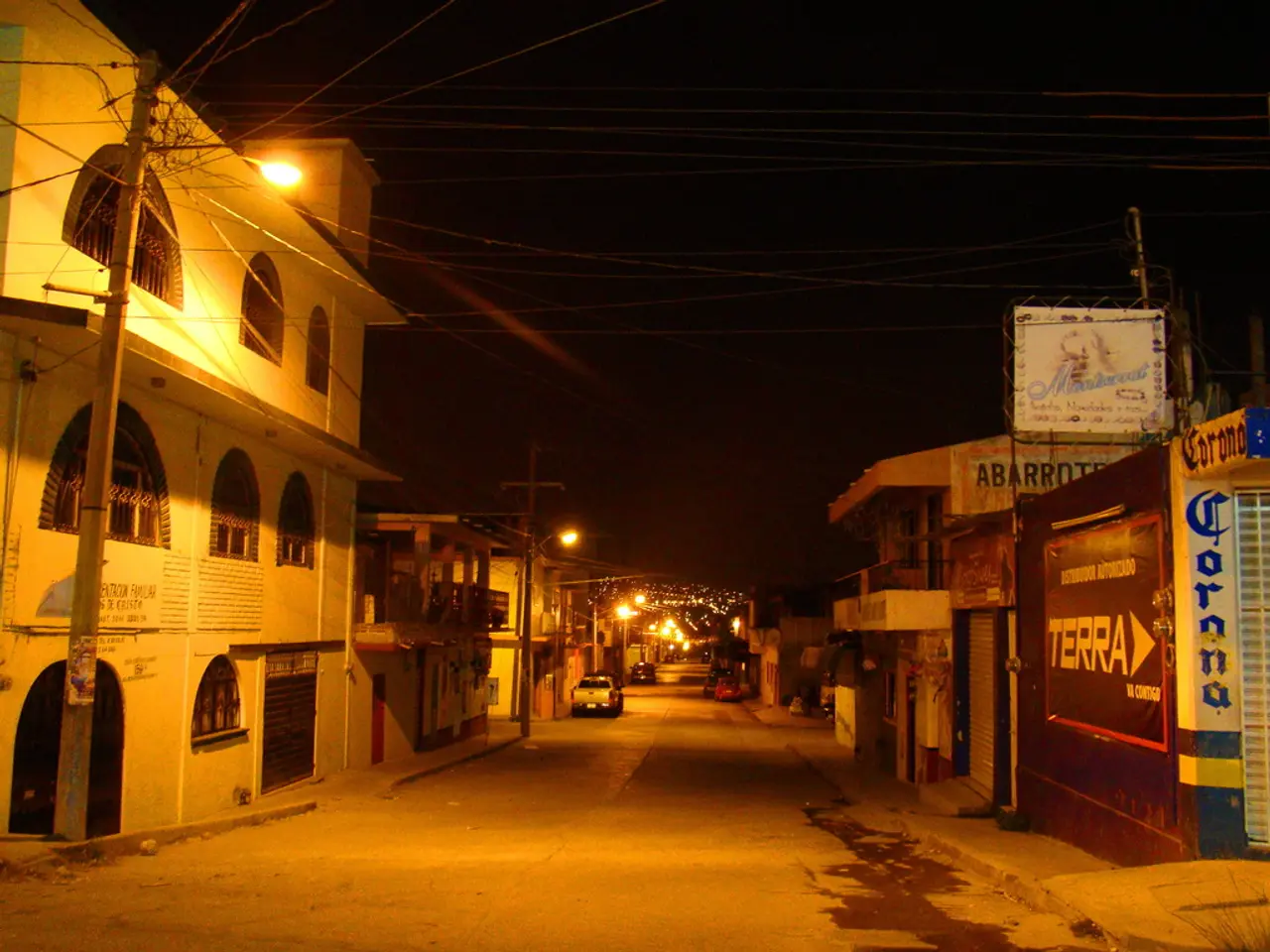Portugal's Attractiveness for Corporate Pioneers: MOBI.E Highlights the Perks for Chief Procurement Officers
The MOBI.E model, a pioneering approach in Portugal, is revolutionising the electric vehicle (EV) charging landscape. By separating the functions of the energy manager and marketer, Chief Power Officers (CPOs) can focus on managing charging stations without incurring high fixed costs associated with electricity supply.
This separation of duties offers numerous advantages. Full access to data allows CPOs to comply with the AFIR directive ahead of schedule, improve their planning, and offer better services to clients. Moreover, operators under the MOBI.E model are exempt from bearing high fixed costs of connecting to the power supply, such as grid connection costs.
The MOBI.E management platform establishes a direct connection with the energy sector, allowing the deduction of energy consumed in electric mobility from the total supply. This creates a specific electricity market for electromobility, benefiting energy marketers by providing an expanded market to sell energy.
The results are impressive. In August 2022, 77,774 megawatt-hours (MWh) of energy were consumed on the MOBI.E network, an increase of more than 80% compared to the same month in 2023. The network saw a 66% increase in recharges during this period compared to the same period in 2021, with 583,000 recharges made.
By the end of September 2024, more than 4,264,000 charging sessions had been completed, with a total of 5,209 publicly accessible stations and 9,124 available charging points. The focus is on high power charging stations, with users having access to approximately 1,762 fast charging stations and 252 ultra-fast charging stations, which make up 37.8% of the total network.
The growth is mainly due to competitive advantages and facilities available to charging point operators (CPOs) under the MOBI.E model. CPOs do not pay for peak demand charges, allowing them to install more high-capacity charging stations. In a low demand context, this model acts as an incentive for operators to set up "refueling" locations, as fixed costs are relatively low despite possible low utilization.
Transparency and accessibility are key points of the MOBI.E public company model. Stations provide real-time information about the availability, enabled power, and use of chargers through their website, encouraging competition in the sector. The existence of a single distribution network operator in Portugal simplifies the connection and power management of the stations, allowing them to better plan their investments.
MOBI.E has made investments to guarantee at least one charging station in each of Portugal's 308 municipalities, resulting in more than 9,300 charging points across the country. This commitment to widespread availability has made Portugal's electric mobility market grow significantly and serve as a reference model for many European countries, particularly Spain.
The mission of MOBI.E is to facilitate market development and ensure that electric mobility is an accessible option for everyone. By not managing energy, CPOs can install more charging stations at a lower cost. This model's success is a testament to Portugal's commitment to a sustainable future, making electric mobility an increasingly popular choice for drivers across the country.
Read also:
- Peptide YY (PYY): Exploring its Role in Appetite Suppression, Intestinal Health, and Cognitive Links
- Toddler Health: Rotavirus Signs, Origins, and Potential Complications
- Digestive issues and heart discomfort: Root causes and associated health conditions
- House Infernos: Deadly Hazards Surpassing the Flames








